Find Help
More Items From Ergsy search
-
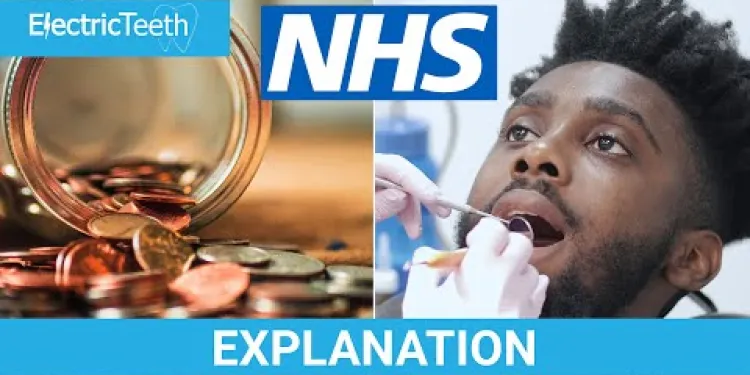
NHS Dental Charges Explained
Relevance: 100%
-
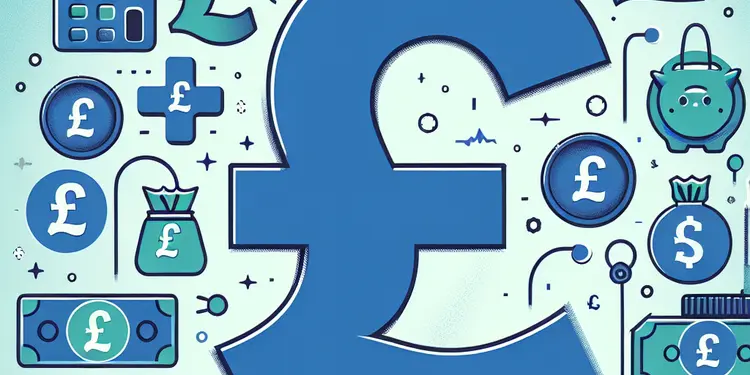
Are NHS dental charges different across the UK?
Relevance: 98%
-

Are there any extra charges for NHS dental treatments?
Relevance: 94%
-

Are all dental appointments free on the NHS?
Relevance: 68%
-
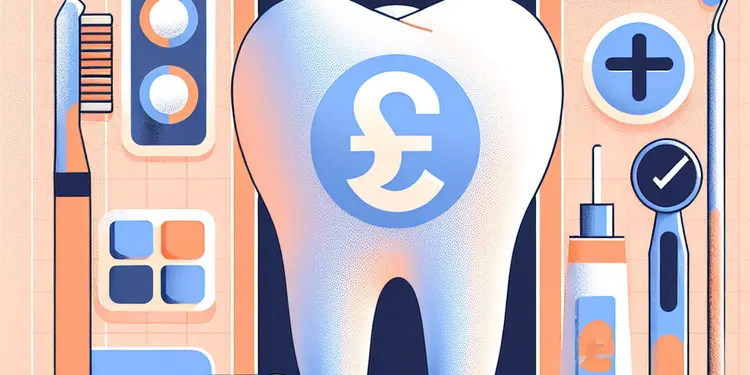
How much will I have to pay for NHS dental treatment?
Relevance: 64%
-

Can I get an emergency NHS dental appointment?
Relevance: 59%
-
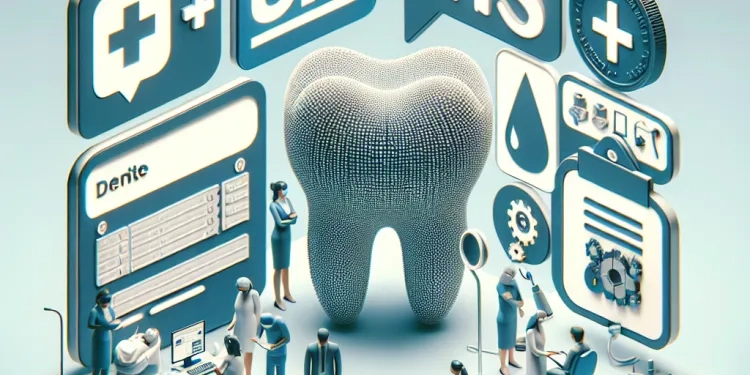
What happens if I miss my NHS dental appointment?
Relevance: 59%
-

How often should I have a dental check-up on the NHS?
Relevance: 58%
-

What treatments are covered by the NHS dental service?
Relevance: 56%
-
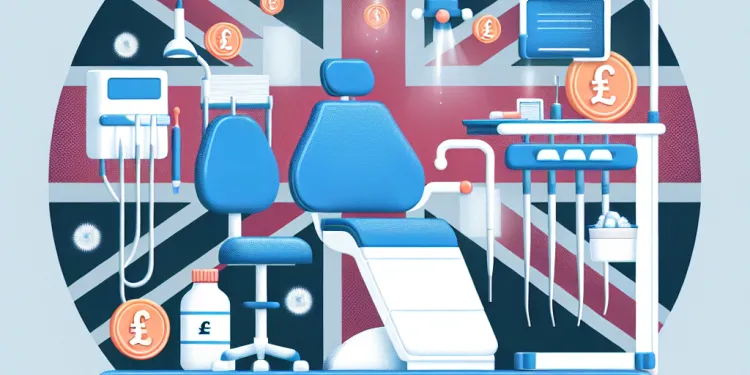
Will Brexit affect my access to NHS dental treatments?
Relevance: 55%
-
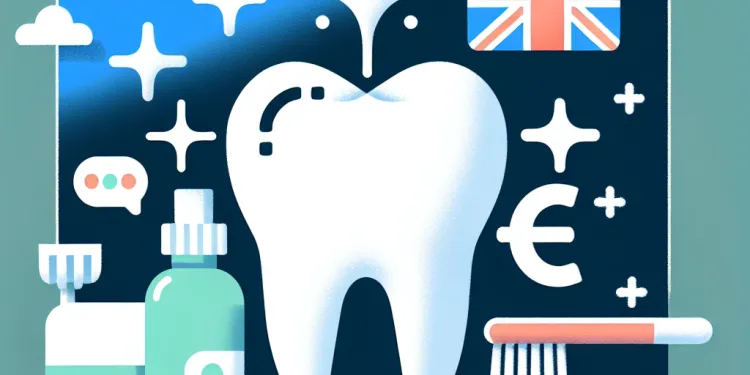
How do I know if I'm eligible for free NHS dental care?
Relevance: 55%
-
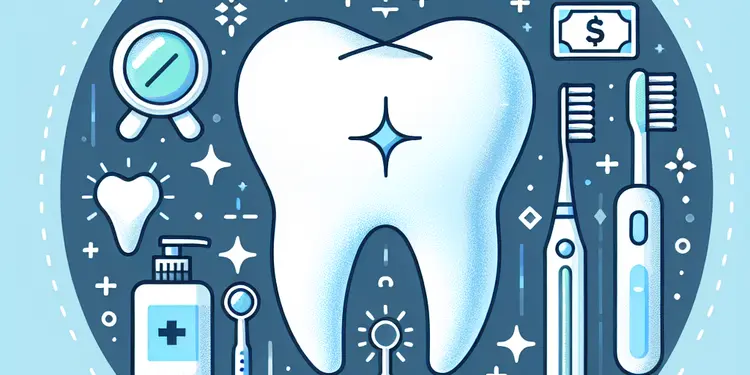
How do I choose the right dental clinic in Turkey?
Relevance: 54%
-
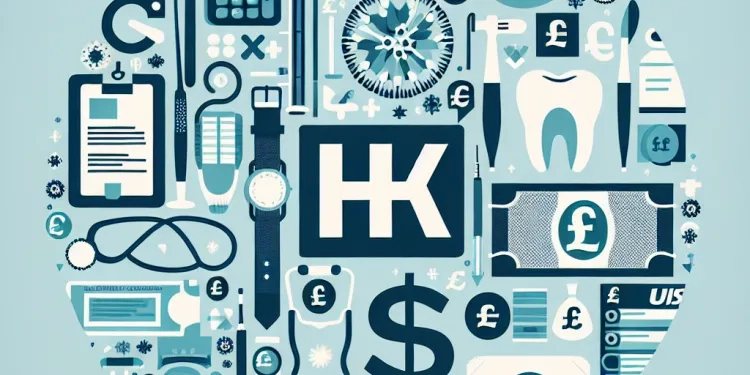
What should I bring to my NHS dental appointment?
Relevance: 54%
-
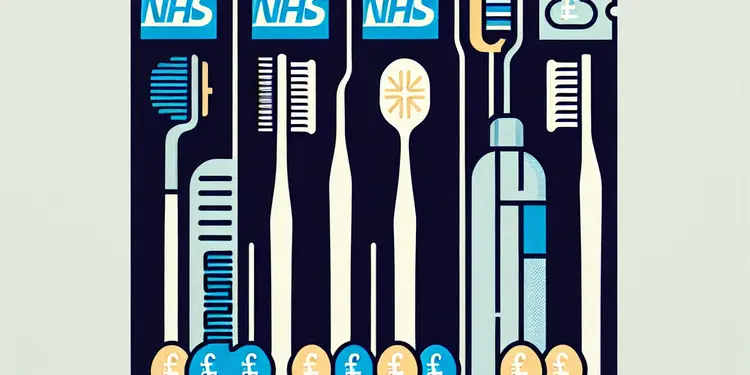
Are there waiting lists for NHS dental treatment?
Relevance: 54%
-
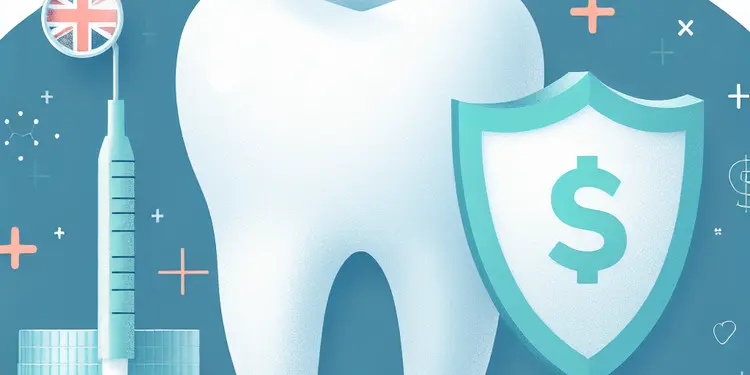
What treatments are covered by the NHS dental services?
Relevance: 53%
-
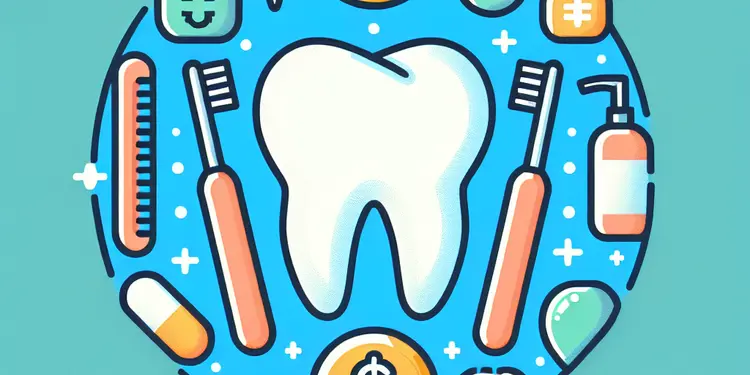
What if I need urgent dental care?
Relevance: 52%
-
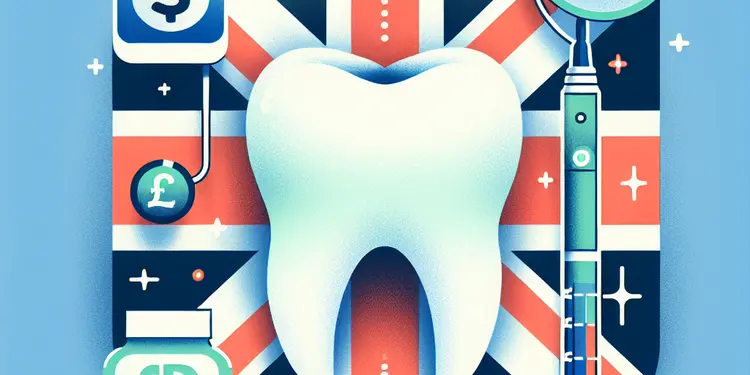
What languages do NHS dental clinics typically support?
Relevance: 52%
-
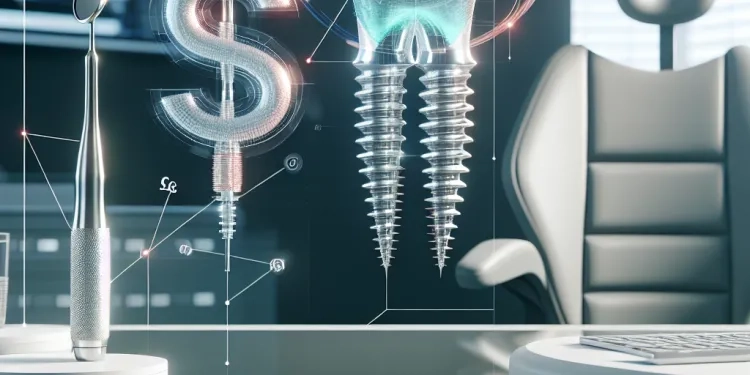
Can I get dental implants on the NHS?
Relevance: 52%
-
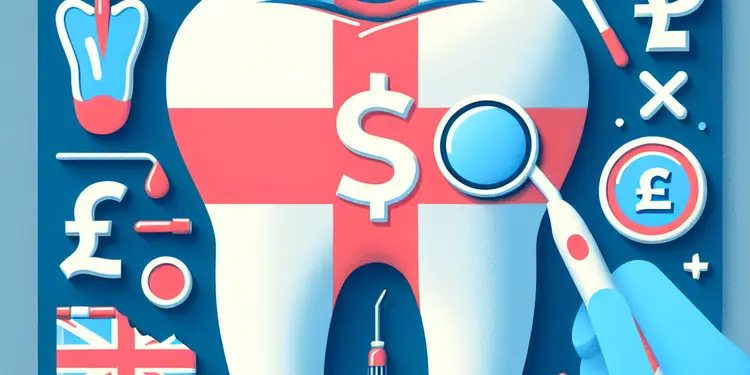
What if I'm not satisfied with my NHS dental treatment?
Relevance: 52%
-
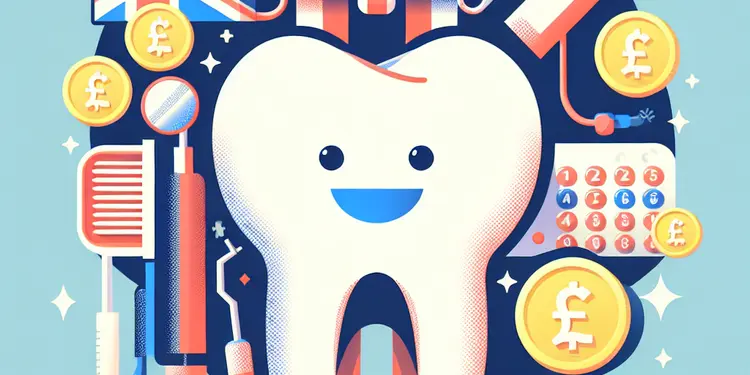
Can children get free NHS dental care?
Relevance: 52%
-
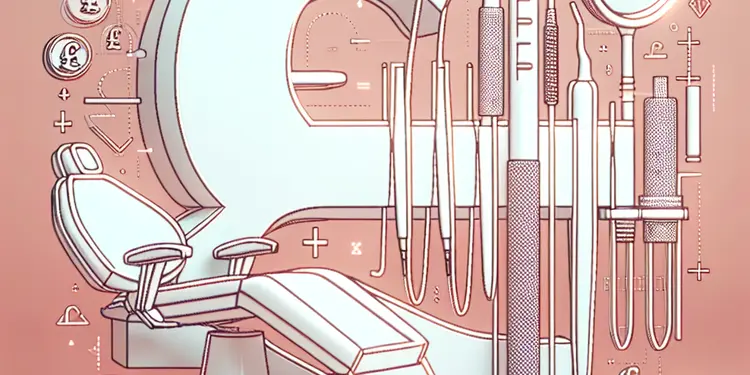
Can I use private dental services if I'm on the NHS list?
Relevance: 51%
-
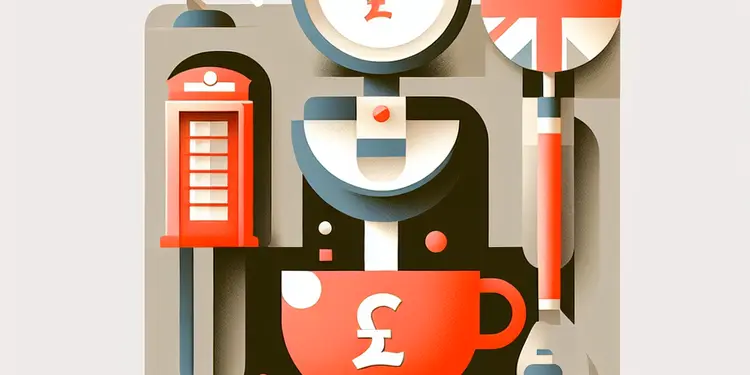
How can I provide feedback about my NHS dental care?
Relevance: 51%
-
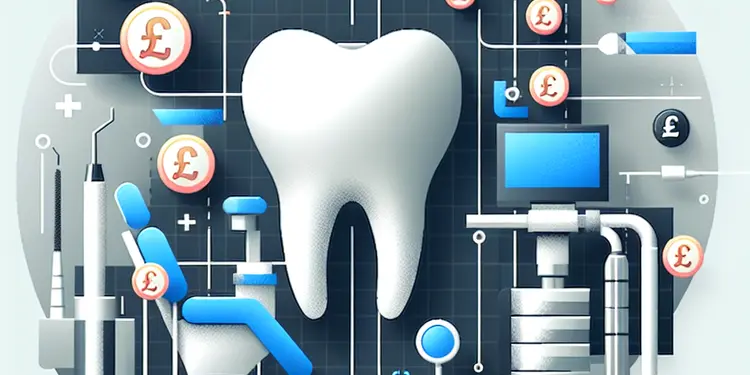
Can I get cosmetic dental treatment on the NHS?
Relevance: 50%
-
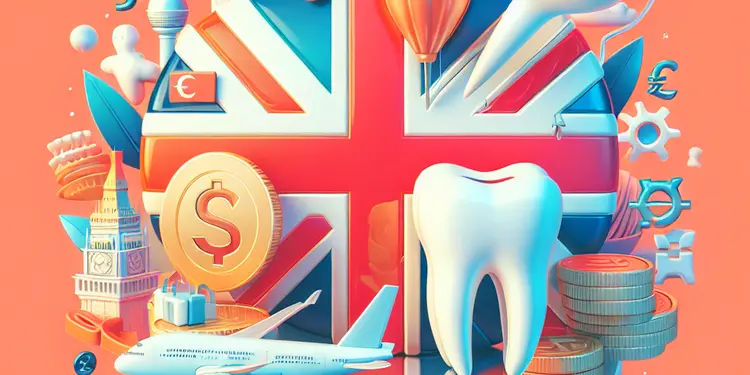
Is it safe to get dental work done in Turkey?
Relevance: 50%
-
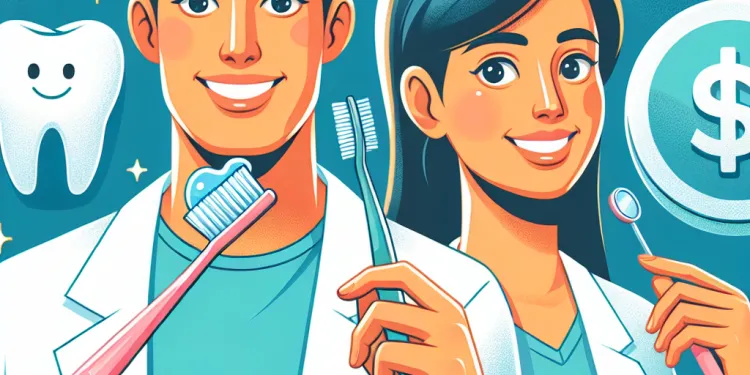
Dental Health: Tips for All Ages
Relevance: 50%
-
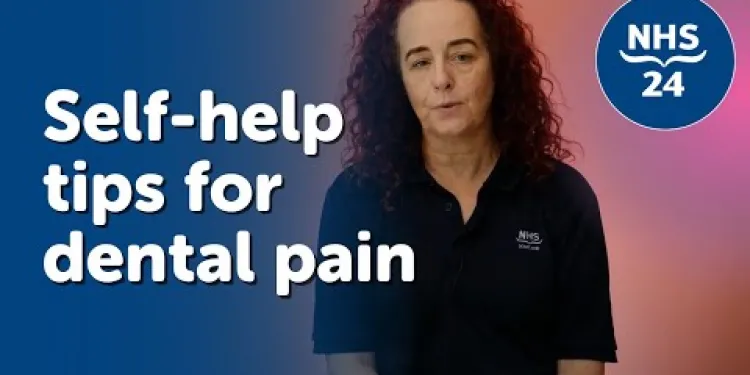
NHS 24 | Self-help tips for dental pain
Relevance: 50%
-
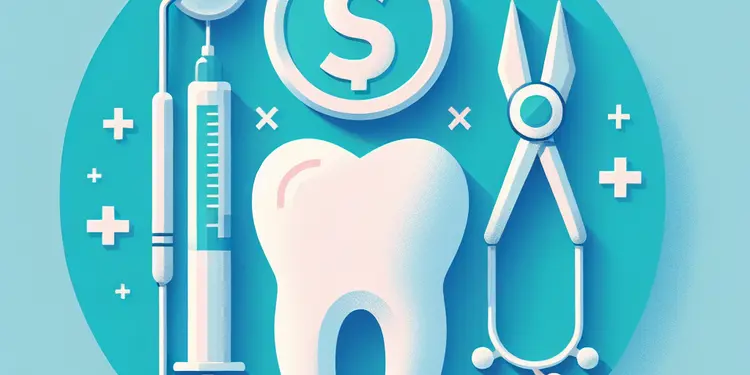
Do I need to be a registered patient to get emergency NHS dental care?
Relevance: 49%
-
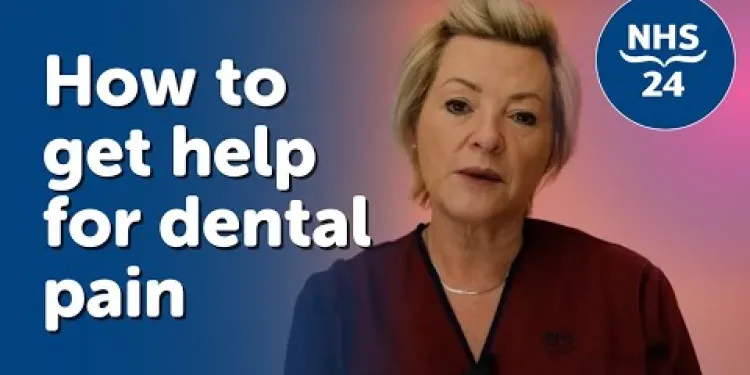
NHS 24 | How to get help for dental pain
Relevance: 49%
-
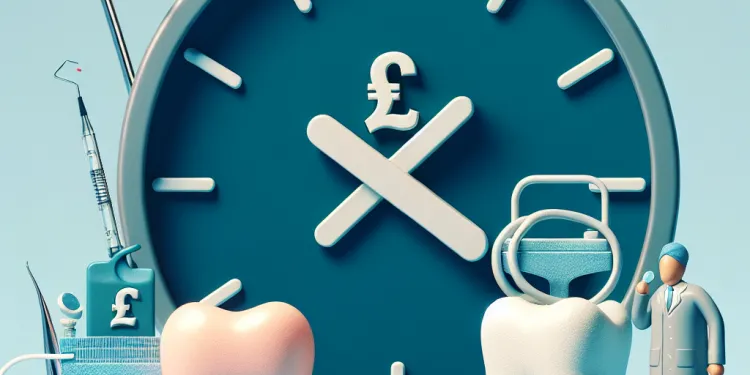
How long will I have to wait for an NHS dental appointment?
Relevance: 49%
-
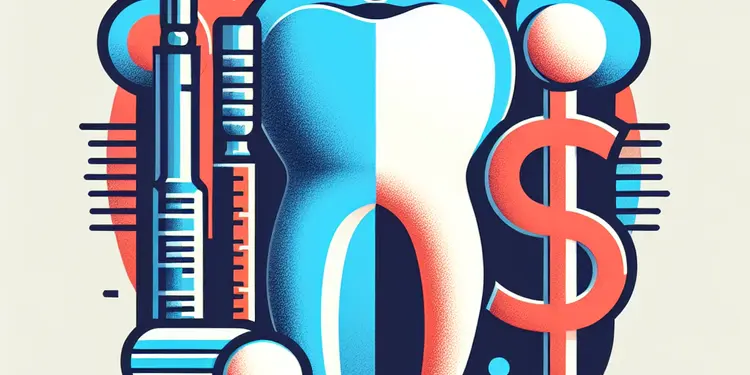
What is the role of dental sealants in preventing tooth decay?
Relevance: 49%
-

Is sedation available during NHS dental treatments?
Relevance: 48%
-
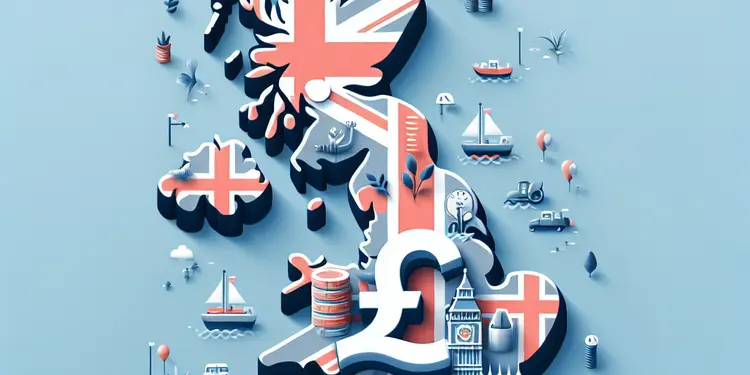
What is reverse charge VAT?
Relevance: 48%
-

Can I get Turkey Teeth if I have existing dental issues?
Relevance: 45%
-
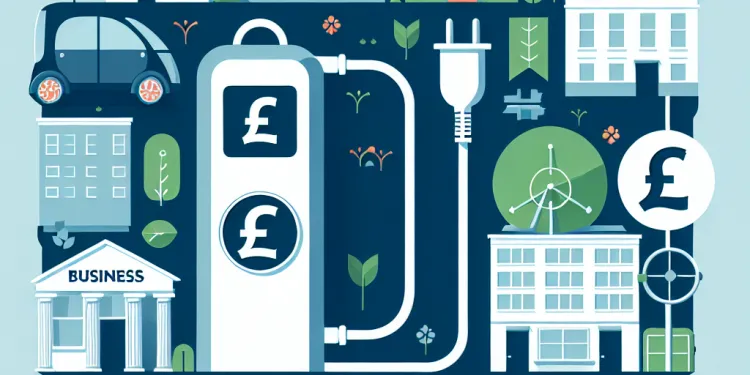
Are there grants for businesses to install charging points?
Relevance: 45%
-
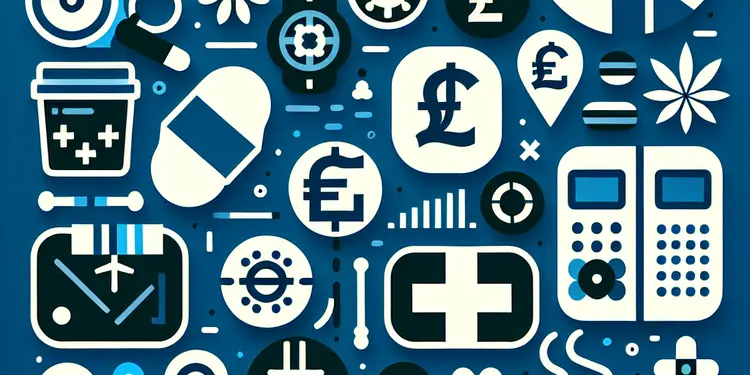
Can minors be charged with drug offences?
Relevance: 43%
-
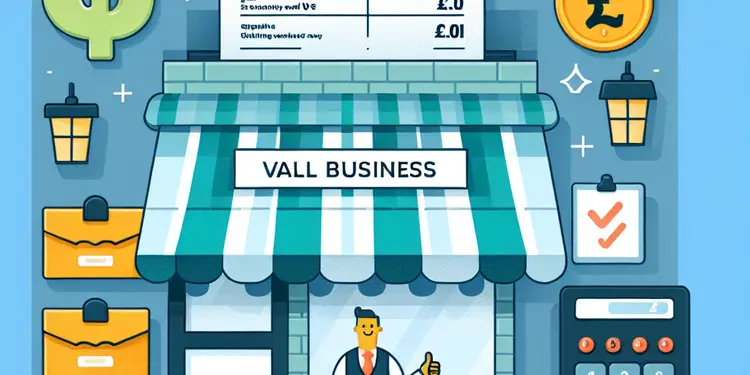
Do all businesses need to charge VAT?
Relevance: 42%
-

What is the VAT rate that I need to charge?
Relevance: 41%
-
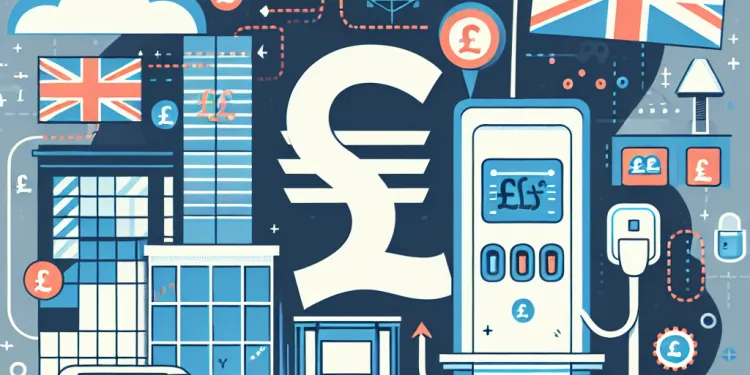
How much does the Workplace Charging Scheme cover?
Relevance: 41%
-
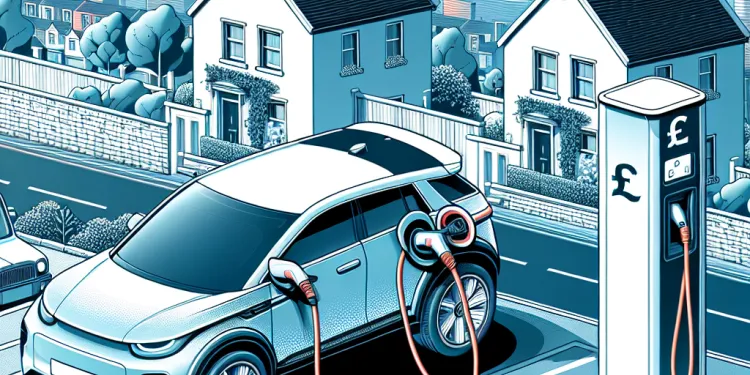
Does the EV grant cover the cost of home charging equipment?
Relevance: 41%
-
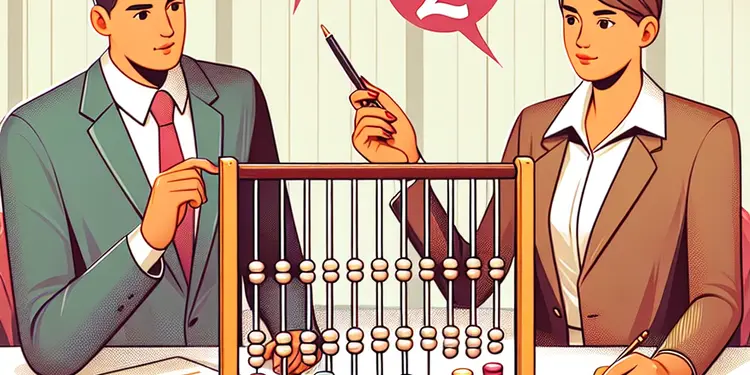
Is there any interest charged on a Time to Pay arrangement?
Relevance: 41%
NHS Dental Charges Explained
Introduction to NHS Dental Charges
The National Health Service (NHS) provides dental care services in the United Kingdom, ensuring oral health is maintained for all residents. Understanding NHS dental charges is essential for patients to be aware of the costs associated with their treatments. The NHS has a banding system in place that categorizes treatments into different pricing bands, aimed at making dental care affordable and accessible.
Band 1: Basic Treatment
Band 1 covers basic dental care, including examinations, diagnoses, and advice. It encompasses preventive services such as X-rays, scale and polish, and planning for further treatment if needed. The fixed charge for Band 1 treatments is currently £23.80. This band ensures that patients receive essential check-ups and preventive measures.
Band 2: Intermediate Treatment
Band 2 includes everything covered in Band 1, along with additional treatments. These treatments are necessary for dental health but are slightly more complex than those in Band 1. Services under this band include fillings, root canal treatment, and tooth extractions. The charge for Band 2 treatments is £65.20. This band is designed for patients needing more than basic care.
Band 3: Advanced Treatment
Band 3 is for advanced treatments that require more complex dental procedures. It incorporates everything in Bands 1 and 2, plus more involved work such as crowns, dentures, and bridges. The cost for Band 3 treatments stands at £282.80. This band ensures that patients can receive comprehensive dental care when more intensive procedures are required.
Exemptions and Reductions
There are exemptions and reductions available for certain groups who may not need to pay for NHS dental charges or may get reduced rates. Exemptions include patients under 18, those aged 18 and in full-time education, pregnant women or those who have had a baby in the last 12 months, and people on specific income-related benefits. Reductions and free treatments aim to ensure that dental care is accessible to everyone, regardless of their financial situation.
Conclusion
Understanding NHS dental charges is crucial for patients to anticipate costs and ensure they receive the necessary care without financial stress. By categorizing treatments into bands, the NHS aims to provide a clear and affordable dental care structure. Remember to check for potential exemptions to benefit from free or reduced-cost treatments, ensuring oral health is maintained across the UK.
NHS Dental Charges Explained
Introduction to NHS Dental Charges
The National Health Service (NHS) helps people look after their teeth in the United Kingdom. It's important to know how much dental care costs with the NHS. The NHS uses a system that puts treatments into three price groups, called bands. This is to help make dental care cheaper and easy to get.
Band 1: Basic Treatment
Band 1 is for basic dental care. This includes check-ups, advice from the dentist, and checking your teeth with X-rays. It also includes cleaning and planning any more care you might need. Band 1 costs £23.80. This band makes sure you get the check-ups and care you need to keep your teeth healthy.
Band 2: Intermediate Treatment
Band 2 includes everything in Band 1 and some extra treatments. These are needed to keep your dental health good. Band 2 treatments include fillings, root canal treatment, and taking out teeth. Band 2 costs £65.20. This band is for people who need more than just basic care.
Band 3: Advanced Treatment
Band 3 is for advanced dental care. It includes all of Bands 1 and 2, plus more complex work like crowns, dentures, and bridges. Band 3 costs £282.80. This band helps you get the full care you need when you need more work done on your teeth.
Exemptions and Reductions
Some people don’t have to pay NHS dental charges or pay less. You don’t pay if you are under 18, 18 and in full-time school, pregnant or have had a baby in the last 12 months, or on certain income-related benefits. This is to make sure everyone can get the dental care they need, no matter how much money they have.
Conclusion
Knowing about NHS dental charges helps you know how much you might need to pay and make sure you get the care you need. The NHS uses bands to make dental care clear and cheap. Check if you can get free or cheaper dental care, so you can keep your mouth healthy without worrying about money.
Frequently Asked Questions
What are the current NHS dental charges?
NHS dental charges in England are categorized into three bands: Band 1 (£23.80) includes examination, diagnosis, and advice. Band 2 (£65.20) includes all treatments in Band 1 plus additional procedures like fillings and extractions. Band 3 (£282.80) includes all treatments in Bands 1 and 2, plus more complex procedures such as crowns, dentures, and bridges.
Are NHS dental charges the same across the UK?
No, NHS dental charges can vary across the UK. The information provided is specific to England. Scotland, Wales, and Northern Ireland have different charging structures and patients should refer to their respective NHS websites for details.
Are dental check-ups free for some people?
Yes, dental check-ups are free for certain groups including people under 18, those under 19 in full-time education, pregnant women or those who have had a baby in the last 12 months, and some people on specific benefits.
Do you have to pay for emergency dental treatment?
Emergency dental treatment provided by the NHS is typically charged at Band 1 (£23.80). This covers urgent care that involves pain relief, or a temporary fix.
What dental treatments are covered under Band 1?
Band 1 covers examinations, diagnosis (including x-rays), advice on preventing future problems, scale and polish (if clinically necessary), and preventive care such as the application of fluoride varnish or fissure sealant.
What treatments fall under Band 2?
Band 2 treatments include all procedures covered under Band 1, in addition to fillings, root canal treatments, and tooth extractions.
What does Band 3 cover?
Band 3 treatments include everything covered by Bands 1 and 2 as well as more complex procedures, such as crowns, dentures, bridges, and orthodontic treatments.
How can I find out if I am exempt from NHS dental charges?
You can check if you’re exempt from NHS dental charges by visiting the official NHS website or speaking with your dental practice. Common exemptions include being under 18, pregnant, or on certain benefits.
Is it possible to receive free dental treatment?
Yes, certain groups of people are eligible for free NHS dental treatment. This includes individuals under 18, full-time students under 19, pregnant women, and recipients of specific benefits.
How often should I visit the dentist?
Your dentist will suggest how often you should have a check-up based on your oral health needs. It could range from every three months to up to two years, depending on your oral health.
Can I mix NHS and private dental treatments?
Yes, you can opt for a mixture of NHS and private treatments. Discuss your treatment plan with your dentist to understand the options and associated costs.
How do I pay for NHS dental treatment?
You can pay for NHS dental treatment directly at your dental practice. Practices may accept various payment methods including cash, debit, or credit cards.
Can I get a refund on NHS dental charges?
Refunds may be available under certain circumstances. For example, if you have paid NHS dental charges but then become eligible for free treatment, or if you have paid twice by mistake. Contact your dental practice or the NHS for detailed information.
What happens if I miss a dental appointment?
If you miss an NHS dental appointment, you may be charged a fee. It’s important to inform your dentist as soon as possible if you need to reschedule or cancel an appointment.
How can I find an NHS dentist?
You can find an NHS dentist by visiting the NHS website and using the 'Find a dentist' tool or by contacting NHS 111 for assistance. It’s advisable to contact the practice directly to confirm they are accepting new NHS patients.
How much does NHS dental care cost right now?
In England, when you go to the dentist with the NHS, there are three levels of charges:
Band 1: Costs £23.80. This covers a check-up, finding out what's wrong, and getting advice.
Band 2: Costs £65.20. It includes everything in Band 1, plus extra things like fillings and taking out teeth.
Band 3: Costs £282.80. It covers everything in Bands 1 and 2, plus bigger treatments like crowns, dentures, and bridges.
Using a calendar to remember your appointments and asking someone to help you at the dentist can make it easier.
Do you pay the same to see the dentist everywhere in the UK?
When you go to the dentist with the NHS, the cost might be different depending on where you live in the UK. It is a good idea to check what the charges are in your area. You can ask someone to help you look this up, or you can call your local dentist for more information.
No, the cost of going to the dentist with the NHS is different in the UK. This information is for England only. Scotland, Wales, and Northern Ireland have their own rules for dental charges. People should check the NHS website for their area to find out more.
Can some people get free trips to the dentist?
Some people do not have to pay to see the dentist for a check-up. Here are some ways people might get it for free:
- Children can go for free.
- People with little money might not have to pay.
- Pregnant women or new moms can get one for free.
If you think you might get free check-ups, ask the dentist or someone who can help you. Using picture cards or asking someone to come with you can help too.
Yes, some people can go to the dentist for free. This is for:
- Children and young people under 18 years old.
- People under 19 who are in school or college full-time.
- Women who are pregnant or have had a baby in the last year.
- People who get certain types of help from the government.
If reading is hard, you can use tools like audiobooks or apps that read text out loud. You can also ask someone to help you understand.
Do You Have to Pay for Emergency Dental Care?
If you have a toothache or need help with your teeth right away, this is called emergency dental care. You might wonder if you need to pay money when you go to the dentist for this. Here is what you need to know:
- Some emergency dental care might be free. It depends on where you live and what kind of help you need.
- Sometimes, you might have to pay some money. It is good to ask the dentist about the cost before getting help.
To make it easier to understand, you can:
- Ask someone you trust to go with you to the dentist. They can help you ask questions.
- Use pictures or drawings to show what is happening with your teeth. This can help the dentist understand you better.
If you need emergency help for your teeth, the NHS can help. It usually costs £23.80. This is called Band 1. It helps if you are in pain or need a quick fix.
What can the dentist do for you in Band 1?
When you go to the dentist, you might have a check-up. A check-up helps the dentist see if your teeth are healthy. In Band 1, the dentist can also clean your teeth and give you advice on how to keep them healthy.
If you need help to read this, you can ask someone to read it with you. You can also use tools like text-to-speech apps that read the words out loud. Pictures and videos about going to the dentist can also help you understand better.
Band 1 helps you with check-ups and finding out what's wrong. It includes taking pictures of your teeth (x-rays). You get advice on stopping problems before they start. It includes cleaning your teeth if needed. You might get a special varnish to make your teeth strong or stuff to seal small cracks.
For more help, you can:
- Use pictures to understand things better.
- Ask someone to read with you.
- Take notes with easy words.
- Ask the dentist to explain things simply.
What Treatments are in Band 2?
Band 2 treatments are the types of help you can get from the dentist. This includes things like fixing teeth, taking out teeth, and cleaning them.
If you need help, you can ask someone to read it with you. You can also use tools like pictures or videos to understand better.
Band 2 treatments cover everything from Band 1. They also include fillings, root canal work, and pulling out teeth.
If you find reading hard, you can use pictures, audiobooks, or ask someone to read with you.
What is Band 3?
Band 3 tells you what is included or covered. It is like a list of things that Band 3 takes care of.
If you have questions, you can:
- Ask someone to help you read.
- Use a ruler or your finger to follow each line.
- Look at pictures or use tools that read text out loud.
Band 3 treatments have all the things in Band 1 and Band 2. They also have more difficult treatments like crowns, dentures, bridges, and braces.
How can I know if I don’t have to pay for NHS dental costs?
Do you go to the dentist and want to know if it's free?
Here is how you can find out:
- Ask your dentist if you need to pay.
- Check if you get certain benefits. People on some benefits do not have to pay.
- Look at the NHS website. They have information about free dental care.
You can also ask someone you trust to help you understand if you need to pay.
Remember to always bring your benefit card to the dentist if you have one!
You do not have to pay for NHS dental care if you meet certain conditions. To find out, you can visit the NHS website or ask your dentist. Some reasons you don’t have to pay are if you are under 18 years old, if you are pregnant, or if you get some types of benefits.
Can I get free dental care?
You might be able to see a dentist for free. This depends on a few things:
- Your age
- Where you live
- How much money you have
Here are some tips to help:
- Ask your dentist if they know about free care.
- Look for help from local health services.
Using simple language tools can help you understand better. Ask someone you trust for help if needed.
Some people can get free NHS dental treatment. These people include:
- Children under 18 years old
- Full-time students under 19 years old
- Pregnant women
- People who get certain benefits
It's a good idea to use tools like easy-to-read guides or ask someone to help if you're unsure.
How many times do I need to see the dentist?
It is important to see the dentist so they can check your teeth. Most people need to go to the dentist two times a year. This means you should visit every 6 months. Sometimes, the dentist might tell you to come more often. This is to keep your teeth healthy.
If you find reading hard, you can:
- Ask someone to read with you.
- Use a dictionary to understand new words.
- Listen to audiobooks about teeth care.
Taking care of your teeth is important. Remember to brush every day!
Your dentist will tell you how often you need to visit. This depends on how healthy your teeth and gums are. You might need to go every three months, or maybe just once every two years. It all depends on your mouth health.
Can I have both NHS and private dental treatments?
Yes, you can use both NHS and private dental services. Here is how it works:
- You can choose to get some dental treatments on the NHS and other treatments privately.
- NHS treatments are usually cheaper, but you might have to wait longer.
- Private treatments might cost more, but you might get seen quicker.
Here are some tips to help you:
- Talk to your dentist about your options. They can help you decide what is best for you.
- Ask your dentist to explain any words you don’t understand.
- You can bring a friend or family member to help you at appointments.
If you use both NHS and private treatments, make sure you know which treatment is which. Always ask about the cost before you agree to any treatment.
Yes, you can choose both NHS and private treatments. Talk to your dentist about your plan to know your choices and how much they cost.
How do I pay for NHS dental treatment?
You might need to pay when you go to the dentist.
Talk to the dentist: The dentist can tell you how much it will cost.
Ways to pay: - You can pay by cash or card. - Some people do not have to pay if they have a special card or get help with money. You can ask the dentist for more information.
Need help? - You can ask a friend or family member to help you. - You can also call a support service for advice.
You can pay for your NHS dentist at the dentist's office. They might take different ways to pay like cash, debit cards, or credit cards.
Can I get my money back for NHS dentist costs?
Yes, you might be able to get your money back if you paid NHS dentist costs. Here’s how:
- Check first: Make sure you have a reason to get your money back. You might get a refund if you paid too much or didn’t need to pay.
- Fill a form: You need to fill out a special form called HC5. This form is for getting your money back.
- Send your form: After filling it out, send the form with your NHS dentist receipt.
If you need help, you can:
- Ask someone you trust to help you fill the form.
- Use a computer or smartphone to look up where to send your form.
- Ask your dentist or a local support service for advice.
Remember, getting your money back can take some time. Be patient!
Sometimes, you can get money back for dental charges. This can happen if you paid for NHS dental treatment and then find out you can get it for free. It can also happen if you paid by mistake two times. Talk to your dentist or the NHS to find out more.
What happens if I miss a visit to the dentist?
If you forget to go to the dentist, nothing bad happens right away.
But, it’s important to see a dentist to keep your teeth healthy.
Here are some tips to help remember your visit:
- Write it on a calendar.
- Ask someone to remind you.
- Set a reminder on your phone.
If you miss an appointment, call the dentist to make a new one.
If you miss a dentist appointment with the NHS, you might have to pay a fee. Tell your dentist as soon as you can if you need to change or cancel your appointment.
Here are some tips to help you remember your appointments:
- Write it down on a calendar.
- Set an alarm on your phone.
- Ask a friend or family member to remind you.
How can I find a dentist with the NHS?
It's easy to find a dentist with the NHS. Here is how you can do it:
1. Online Search: Go to the NHS website and look for a dentist near you. You can use the search box to type your postcode and find nearby dentists.
2. Phone Call: You can call NHS Direct at 111. They can help you find a dentist close to where you live.
3. Ask for Help: You can ask a family member or a friend to help you find a dentist. They can use a computer or phone if you need support.
4. Maps: Use a map on your smartphone or computer to see where NHS dentists are located near you.
Finding an NHS dentist can be simple with these steps. Remember that asking someone for help is okay if you need it.
You can find an NHS dentist by going to the NHS website. Look for the 'Find a dentist' tool. You can also call NHS 111 for help. It's a good idea to call the dentist office to check if they are taking new NHS patients.
Useful Links
This website offers general information and is not a substitute for professional advice.
Always seek guidance from qualified professionals.
If you have any medical concerns or need urgent help, contact a healthcare professional or emergency services immediately.
Some of this content was generated with AI assistance. We’ve done our best to keep it accurate, helpful, and human-friendly.
- Ergsy carfully checks the information in the videos we provide here.
- Videos shown by Youtube after a video has completed, have NOT been reviewed by ERGSY.
- To view, click the arrow in centre of video.
- Most of the videos you find here will have subtitles and/or closed captions available.
- You may need to turn these on, and choose your preferred language.
- Go to the video you'd like to watch.
- If closed captions (CC) are available, settings will be visible on the bottom right of the video player.
- To turn on Captions, click settings .
- To turn off Captions, click settings again.
More Items From Ergsy search
-

NHS Dental Charges Explained
Relevance: 100%
-

Are NHS dental charges different across the UK?
Relevance: 98%
-

Are there any extra charges for NHS dental treatments?
Relevance: 94%
-

Are all dental appointments free on the NHS?
Relevance: 68%
-

How much will I have to pay for NHS dental treatment?
Relevance: 64%
-

Can I get an emergency NHS dental appointment?
Relevance: 59%
-

What happens if I miss my NHS dental appointment?
Relevance: 59%
-

How often should I have a dental check-up on the NHS?
Relevance: 58%
-

What treatments are covered by the NHS dental service?
Relevance: 56%
-

Will Brexit affect my access to NHS dental treatments?
Relevance: 55%
-

How do I know if I'm eligible for free NHS dental care?
Relevance: 55%
-

How do I choose the right dental clinic in Turkey?
Relevance: 54%
-

What should I bring to my NHS dental appointment?
Relevance: 54%
-

Are there waiting lists for NHS dental treatment?
Relevance: 54%
-

What treatments are covered by the NHS dental services?
Relevance: 53%
-

What if I need urgent dental care?
Relevance: 52%
-

What languages do NHS dental clinics typically support?
Relevance: 52%
-

Can I get dental implants on the NHS?
Relevance: 52%
-

What if I'm not satisfied with my NHS dental treatment?
Relevance: 52%
-

Can children get free NHS dental care?
Relevance: 52%
-

Can I use private dental services if I'm on the NHS list?
Relevance: 51%
-

How can I provide feedback about my NHS dental care?
Relevance: 51%
-

Can I get cosmetic dental treatment on the NHS?
Relevance: 50%
-

Is it safe to get dental work done in Turkey?
Relevance: 50%
-

Dental Health: Tips for All Ages
Relevance: 50%
-

NHS 24 | Self-help tips for dental pain
Relevance: 50%
-

Do I need to be a registered patient to get emergency NHS dental care?
Relevance: 49%
-

NHS 24 | How to get help for dental pain
Relevance: 49%
-

How long will I have to wait for an NHS dental appointment?
Relevance: 49%
-

What is the role of dental sealants in preventing tooth decay?
Relevance: 49%
-

Is sedation available during NHS dental treatments?
Relevance: 48%
-

What is reverse charge VAT?
Relevance: 48%
-

Can I get Turkey Teeth if I have existing dental issues?
Relevance: 45%
-

Are there grants for businesses to install charging points?
Relevance: 45%
-

Can minors be charged with drug offences?
Relevance: 43%
-

Do all businesses need to charge VAT?
Relevance: 42%
-

What is the VAT rate that I need to charge?
Relevance: 41%
-

How much does the Workplace Charging Scheme cover?
Relevance: 41%
-

Does the EV grant cover the cost of home charging equipment?
Relevance: 41%
-

Is there any interest charged on a Time to Pay arrangement?
Relevance: 41%


